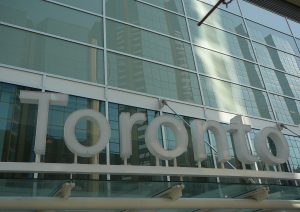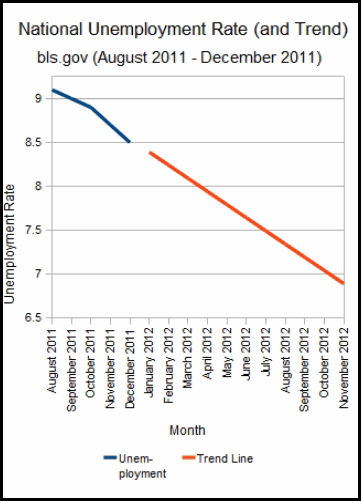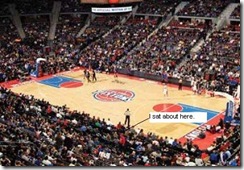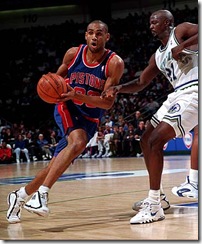On Thursdays we grab a cup of coffee and talk about issues and opinions. Join the fun in our comments!
The Other Guy (OG) and I run a quirky house here.
We try to balance straightforward financial advice with fun topics. Sometimes it works and sometimes it doesn’t. Either way, as I’m sure you can see, we’re having a blast and bringing you along for the ride.
Wouldn’t it be better if we did one or the other? Wouldn’t a site work better if it were just humorous all the time or only provided financial advice? Maybe, but OG and I don’t think so.
I’ve always been obsessed with human motivation and process management. For people to learn, remember, and replicate a concept, I think the teacher needs to set a strong anchor. Maybe our anchor isn’t strong, but the anchor I always seem to remember is humor. So, we’ve decided that they go together.
This creates a problem.
In a recent Harvard Business Review Ideacast (podcast), Portland State University Assistant Professor of Psychology Charlotte Fritz discusses the concept of microbreaks. Here’s how they work: if you want to get things done (GTD), it’s better to engage intensely during the day and then drop everything when you head home. Working all night on the blackberry or computer doesn’t increase productivity. Taking microbreaks each day or mini vacations every several weeks instead of coffee breaks and a long vacation can pay dividends when trying to accomplish more tasks.
What’s wrong with this finding?
Is “getting more done” better or would you be wiser to get less done and produce brilliant, creative results?
Who better to argue against conventional definitions of productivity than a Disney alum. According to Don Hahn, author of Brain Storm, Unleashing Your Creative Self, (and the producer of The Lion King and Beauty and the Beast), the goal of GTD productivity stifles creativity. While a numbered checklist and intense focus on the bottom line increases productivity, it doesn’t make you more creative. You just turn into a machine.
If we’re trying to manage a site that balances something as serious a financial security and something as playful as humor, it’s a juggling act. I often feel the pull between the need to be creative with “funny” pieces and the desire to write something meaningful and direct.
But I don’t think the problem is only felt by OG and I here at the Free Financial Advisor.
We All Need Creativity
Every day in your job, wouldn’t you preform better if you could come up with creative solutions? You may think that you don’t need creativity, but if you’ve ever had a difficult boss or a particularly intense client, you know that a creative solution is sometimes the only way to win the day.
For creativity to blossom, we need down time, according to Hahn. We need time to let our mind wander. Not surprisingly, he advocates napping in the afternoon. His concept of GTD flips our predefined goals of greater productivity on their head. For creativity to blossom, do something that at first seems irrelevant. Listen to music and sit by the stream. Wander.
In short, I haven’t asked it, but it seems that he agrees with Fritz on the value of breaks, but isn’t onboard with why we want them in the first place.
The Financial Tie-In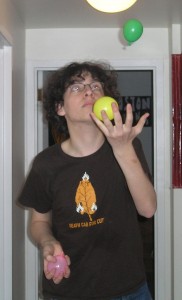
I’ve often felt many workplaces are run too stringently. The boss doesn’t really get how her employees operate more effectively. A shop that provides more services for employees and that is able to create raving fans by first empowering workers to think and build creative solutions will win the day.
Even if they don’t win, it’s more interesting to invest money and follow companies that are fighting to win rather than finish every day with a .03 percent productivity improvement. Yawn.
I seek out and invest in companies that have a progressive view of workplace motivation….not because I’m a liberal thinker, but because I’m a greedy capitalist. Firms such as GE, Disney, Whole Foods and Google, at different times during their development have been able to attack more quickly because of their attention to process that creates innovative solutions.
The Good News
Both Assistant Professor Fritz and Mr. Hahn agree on one aspect: whether you’re looking for innovation or GTD, how you detach from the assembly line of productive work is intensely important to the outcome.
(photo credit: origami coffee cup: scarygami, Flickr; Dicky juggles: Mike Burns, Flickr)
Okay, that’s my story, minions! Now it’s your turn: how do you value creativity? Are you more interested in GTD solutions or finding a novel approach? Do you think you should work on being more creative?
